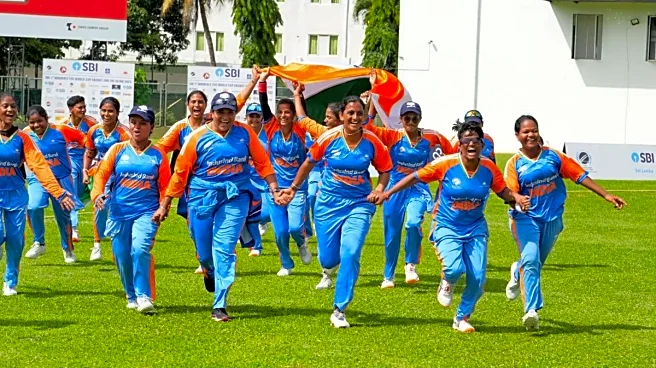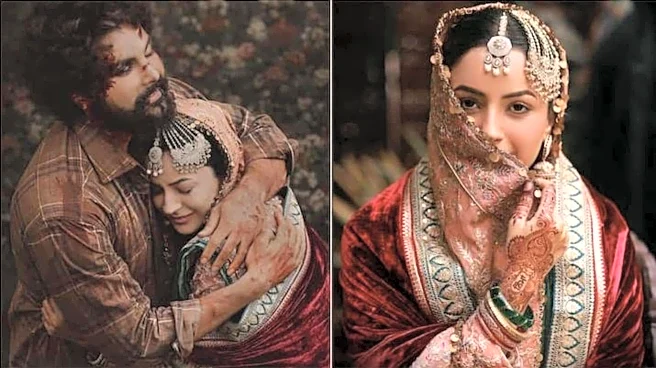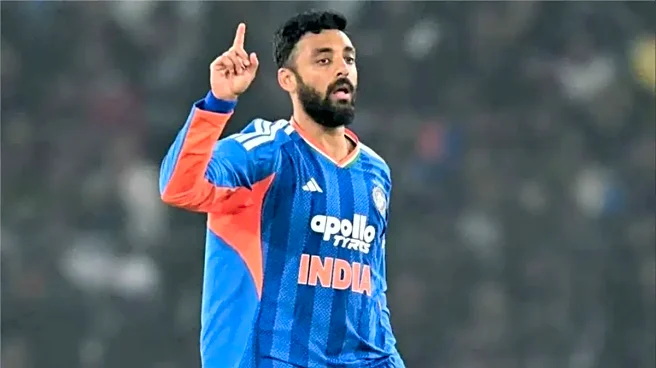India won the inaugural Blind T20 Women's World Cup by defeating Nepal by seven wickets in the final held at the P Sara Oval in Colombo on Sunday (November 23).
India bowled first, restricting Nepal to
114 for 5, with Nepal managing only a single boundary in their innings. In response, India chased down the target comfortably, scoring 117 for 3 in just 12 overs, with Phula Saren top-scoring with an unbeaten 44 runs. This victory marked a dominant display by the Indian team, who had earlier defeated Australia in the semifinals, while Nepal had overcome Pakistan to reach the final.
The tournament featured six teams: India, Nepal, Pakistan, Australia, Sri Lanka, and the USA. India showed consistent dominance throughout, winning all five matches in the round-robin stage to secure the top spot. The Indian team is composed of players from across nine states, many of whom come from rural and modest backgrounds, demonstrating remarkable resilience and determination. The sport offers visually impaired women a rare platform to showcase their talent and has been growing with institutional support from organizations like the Cricket Association for the Blind in India (CABI).
Notable performances in the tournament include Pakistan's Mehreen Ali, who scored over 600 runs, including a record 230 off 78 balls against Sri Lanka and 133 against Australia. India's captain Deepika TC, who lost her sight as an infant, has been an inspiring leader throughout. The team's bowling and fielding were particularly strong, with sharp fielding leading to several run-outs and tight control over the opposition's scoring.
The final and semifinals were played in Colombo after initial matches in Delhi and Bengaluru. The event has elevated the visibility of blind women's cricket, with matches broadcast on ABI's channels, Prasar Bharati platforms, and India's national broadcaster Doordarshan, promising greater recognition and growth for the sport globally.
This historic win not only celebrates sporting excellence but also highlights the overcoming of social, cultural, and physical challenges faced by visually impaired women athletes, marking a significant milestone in Indian and global sports history.




/images/ppid_59c68470-image-177089756882462619.webp)

/images/ppid_59c68470-image-177089752450638087.webp)

/images/ppid_59c68470-image-177089753887696314.webp)





